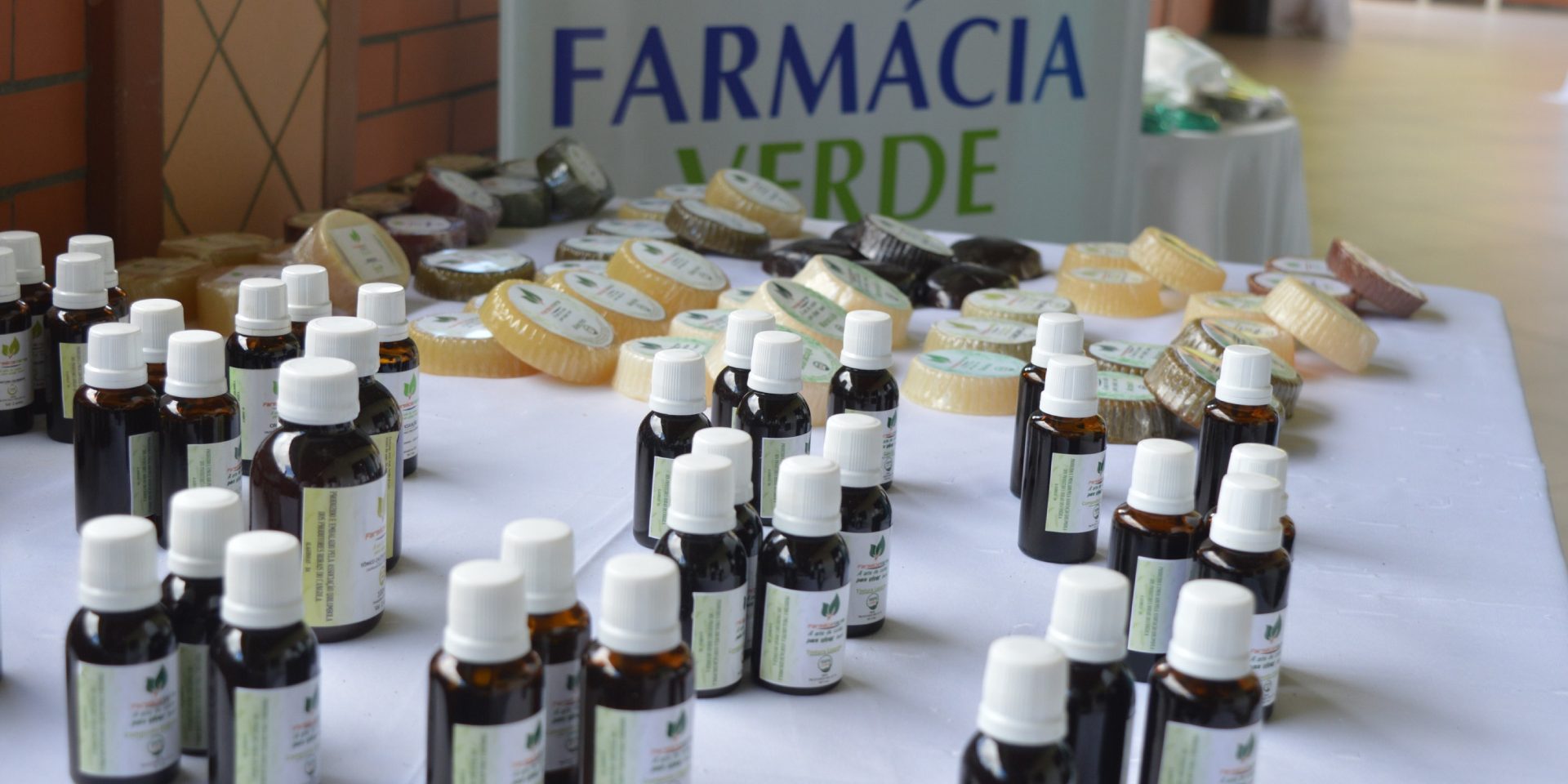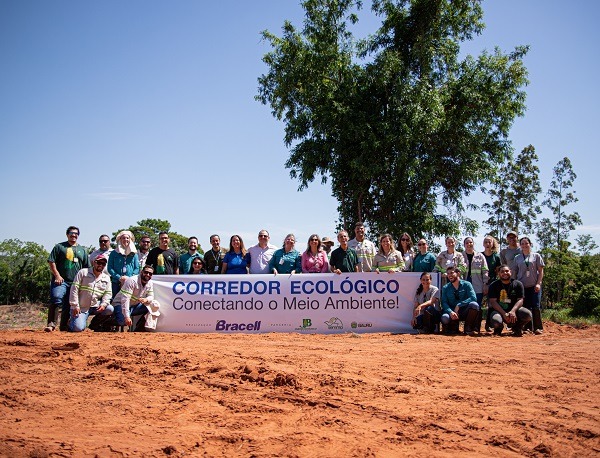Bracell is offering a free university-wide Naturotherapy course to 32 professionals from rural communities, quilombolas and the cities of Alagoinhas, Entre Rios and Pojuca, in Bahia. Held in partnership with the Bahia Institute of Science and Naturopathy (ICNB), the National Union of Higher Education Naturopaths (Sinddons) and Lélis Consultoria, the course is supported by the Alagoinhas Health Secretariat. The goal is to provide participants with comprehensive knowledge about ancient health promotion techniques, qualifying them to work in the basic network of SUS (Unified Health System), in hospitals and private clinics.
The classes are being taught by 12 specialists, including Carlos Paixão, CEO of ICNB. “Bracell’s initiative is innovative. With this project, the company opens a range of possibilities in the area of naturopathic medicine, which is totally humanistic and is growing a lot in Brazil,” said the professor who, with 40 years of experience, is responsible for the technical coordination of the training. The course is being held in Alagoinhas and will include 680 hours over 18 months, including compulsory internship and completion work.
“I congratulate Bracell on this fantastic initiative,” said Amilcar de Oliveira, a natural medicine graduate from Universidad Centroccidental Lisandro Alvorado, Venezuela, and one of the course’s teachers.
“It is a company that has international certifications and belongs to a group of Asian origin, which is very important, as Asians value the traditional culture and ethnic medicine, practiced by the traditional people. This is the first time I have received an invitation from a company to attend such an event. This is not about abolishing allopathy, but integrating it with naturopathic medicine.”
According to Mouana Fonseca, manager of Institutional Relations and Social Responsibility, the course is an offshoot of the Green Pharmacy project, created in 2017 to foster production of medicinal and aromatic plants. “Farmácia Verde is a project aimed at women from quilombola communities in the interior of Bahia, who are being trained to produce natural and therapeutic products, such as syrups, ointments, soaps and flavorings from the community’s own medicinal and aromatic herbs,” said Mouana. She also mentioned that the Green Pharmacy project received the Sustainable Baiana Industry Award from the Federation of Industries of the State of Bahia (Fieb) in 2018.
Mouana pointed out that the initiative is in line with the guidelines of the Ministry of Health, which recommends the adoption of actions and services of traditional medicine and integrative practices by the health departments of the states, federal districts and municipalities. In this context, Alagoinhas was a pioneer in the state to regulate the theme, through Law No. 1989/09, which provides for the recognition, regulation and framing of the exercise of the traditional natural medicine professions and other integrative and complementary practices in the municipality.



